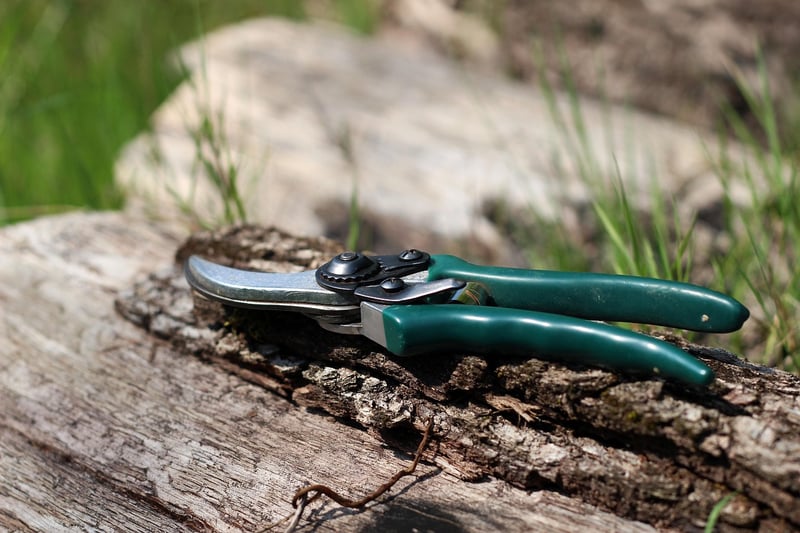Pruning Techniques
Essential Care for Healthy Plants + Pruning Techniques
The Importance of Plant Care
Plants are not just decorative items; they play a vital role in our environment by providing oxygen, absorbing carbon dioxide, and enhancing the beauty of our surroundings. Proper care is essential to ensure their health and longevity.
Essential Care Tips for Healthy Plants
- Watering: Ensure plants receive adequate water based on their specific needs. Overwatering or underwatering can both be harmful.
- Light: Place plants in areas with suitable light levels. Some plants require direct sunlight, while others thrive in indirect light.
- Soil: Use high-quality, well-draining soil to provide plants with essential nutrients and prevent waterlogging.
- Fertilization: Feed plants with appropriate fertilizers to promote healthy growth and blooming.
- Pest Control: Regularly inspect plants for pests and treat them promptly to prevent infestations.
- Pruning: Trim plants regularly to maintain their shape, remove dead or overgrown parts, and encourage new growth.
Pruning Techniques for Healthy Plants
Pruning is a crucial aspect of plant care that helps enhance their appearance and overall health. Here are some essential pruning techniques:
1. Deadheading
Remove dead or faded flowers to encourage new blooms and prevent the plant from wasting energy on seed production.
2. Thinning
Thin out crowded branches to improve air circulation and sunlight penetration, reducing the risk of disease.
3. Heading Back
Cut back the tips of branches to promote bushier growth and maintain the plant's shape and size.
4. Rejuvenation Pruning
For older or overgrown plants, prune them back significantly to stimulate new growth and revitalize the plant.
Conclusion
By following these essential care tips and pruning techniques, you can ensure your plants remain healthy, vibrant, and beautiful. Remember to tailor your care routine to the specific needs of each plant to achieve the best results.


